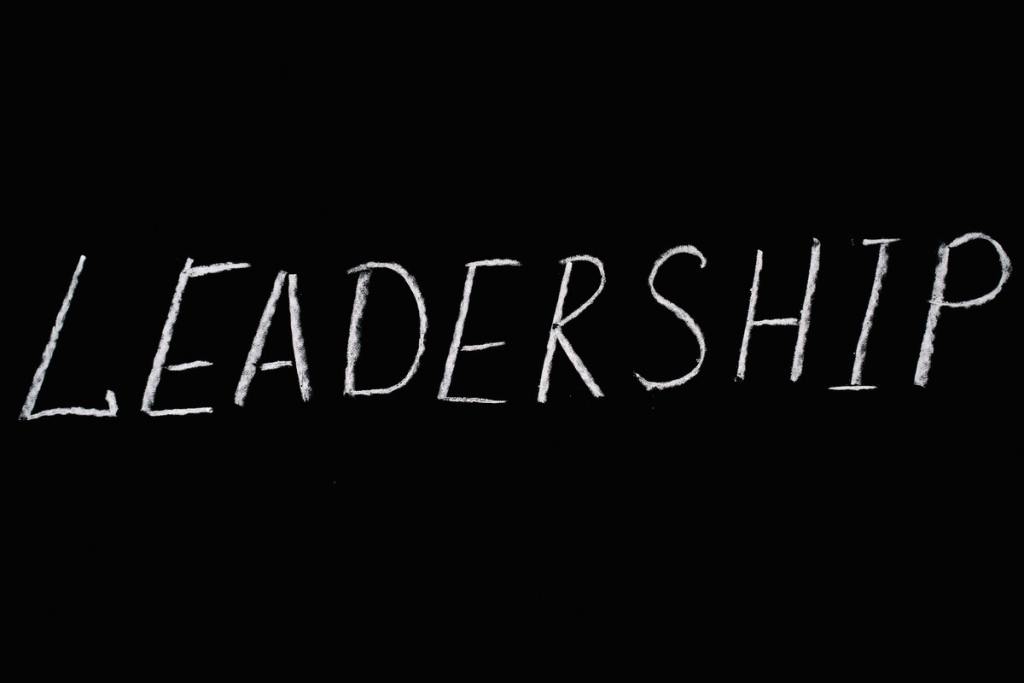Good leadership skills can be developed through study, experience, and learning from example. If you’re wondering how to gain leadership skills, you definitely aren’t alone. It’s safe to say that every business owner wants to be looked at as someone their employees can look up to and trust. Here are some concrete steps to follow if you’re in the early stages of becoming a leader and want to formulate a plan for the coming months and years.
What is a leader?
A leader runs an organization, group, project, or team. They set strategies, provide guidance, and give feedback. They set the vision and mission for a group and make final decisions. They are also held accountable when things go wrong. In a professional setting, leaders are responsible for carrying out policy and implementing deliverables. Often, they manage people, and in other cases, they manage projects without overseeing direct reports.
What is good leadership?
Good leaders don’t take all the credit for their team’s success. They give credit where it is due, highlighting team members and encouraging them to take the spotlight. They facilitate the professional growth of their direct reports and provide them with the resources to develop.
Proven leaders implement feedback and make adjustments along the way for the good of the team. And they aren’t afraid to make tough decisions and provide frank, constructive criticism when needed.

Where to start
There is no set age for starting your leadership experience. Some excellent leaders got their start very early in school through extracurricular activities and by getting involved in groups where they could gain experience leading others. And sports teams need team captains and students who can step up and motivate other students.
Outside of school, volunteer work and community initiatives are great places to get your feet wet. Non-profits and charity events always need more people to help out, and they welcome anyone who wants to pitch in and guide others.
Such contributions are helpful resume builders as well and come with titles that convey the leadership aspect of the role.
Put in time
Work experience in a particular field over a period of years is a useful way to gain the knowledge and expertise that lends itself to skillful leadership. While you might not be a leader right away, after considerable experience working in a particular industry or job, you will develop a solid background to be able to confidently lead a team or an initiative once you have the opportunity to do so.

Seek job growth
Once you’ve gained some experience in your field, look for positions you qualify for that will help you further develop leadership skills. It’s not necessary to manage people or a project to gain skills. Sometimes, you can build your leadership resume by collaborating across teams, pushing forward small initiatives, persuading others to accept your suggestions, and leading by example.
But don’t hesitate to apply for management positions that offer concrete management and people leadership skills. Once you get that first position leading people, it’s easier to continue in that vein. You might start out with a small team and work your way up.
Seek feedback
As mentioned earlier, good leaders are skillful at delivering and absorbing feedback. For your own growth, seek out feedback on your performance, your interactions with peers and supervisors, your output, and your techniques. Then implement any lessons learned and revise your approach if needed. Failure is a part of experimentation and helps you grow in the right direction.
Further, since leaders are usually in charge of people, they should be willing to adapt to change and different personalities, and not be afraid to change tack as needed.
Access resources
Leadership development doesn’t just come from on-the-job experience. It can also progress through attendance at outside seminars and webinars. There are multiple resources online and in the bookstore that discuss leadership skills and how to motivate teams.
Also consider leaders you admire, either in your workplace or school or in public life. Note where they are successful and which traits and practices make them effective. Also consider ineffective leaders and why they struggle to motivate teams and deliver on their goals and document those practices to avoid.
There are many routes to gaining leadership skills. If your overall objective is to become a better leader and inspire teams and colleagues, the best approach is usually a combination of solid work experience, emulation, excellent and varied resources, humility, and hard work.



